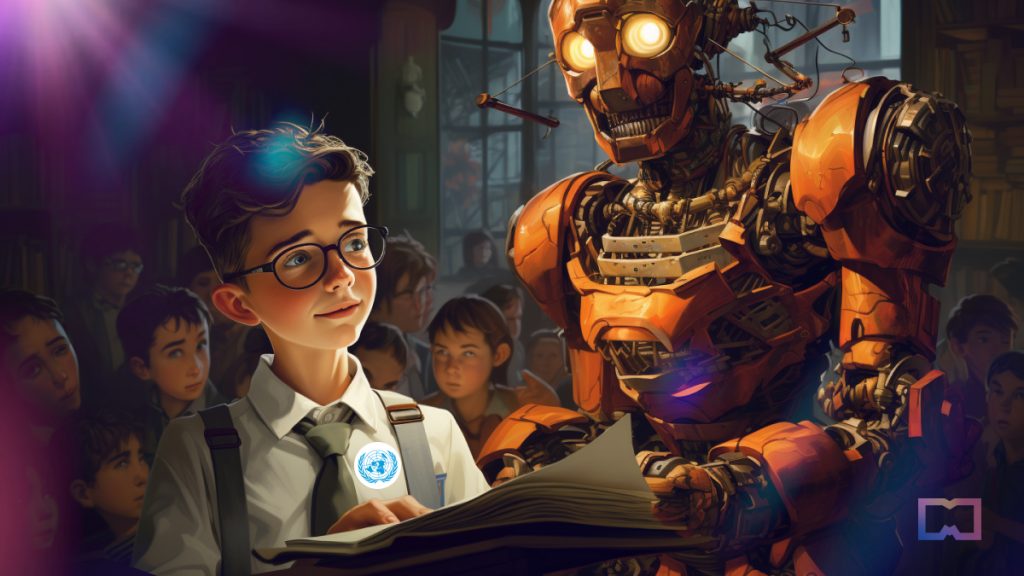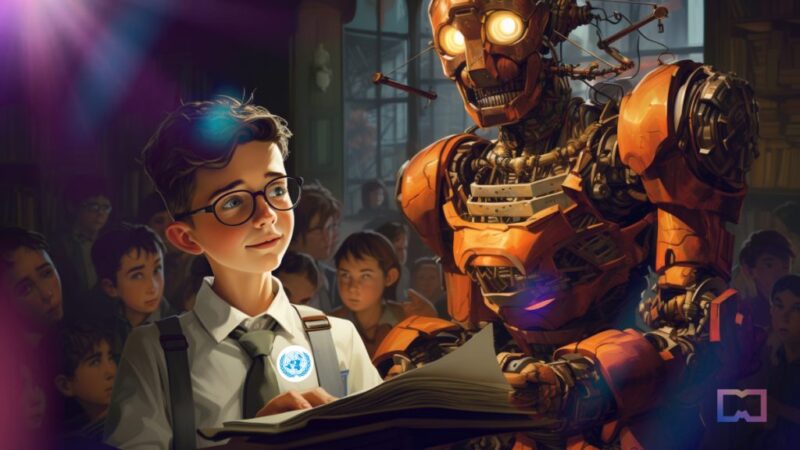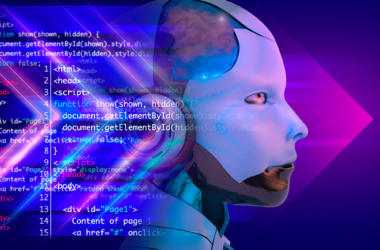
The United Nations’ (UN) education agency UNESCO has issued a call for stringent regulations governing the use of AI tools, notably the chatbot ChatGPT, within educational settings. The organization expressed deep concerns about the ethical implications of deploying generative AI programs in schools and highlighted the potential impact on children’s emotional well-being and susceptibility to manipulation.
This call for action underscores the need for public engagement, government oversight, and safeguards to ensure responsible AI integration in education.
Although AI technologies hold considerable promise in assisting students, including those with special needs, UNESCO emphasizes the need for cautious implementation.
Audrey Azoulay, the head of UNESCO, acknowledged that generative AI can be a valuable resource for human development but also warned of its potential for harm and prejudice. She stressed that using AI tools in education necessitates the active involvement of teachers, learners, and researchers in their design, as well as comprehensive government regulations to ensure safety and effectiveness.
While UNESCO did not specify a minimum age for using AI tools in schools, it pointed out that ChatGPT has a lower age limit of 13. However, many experts consider this threshold to be too low, advocating for legislation to raise the age limit to 16. This call for stricter oversight reflects growing concerns about AI’s impact on education, including fears of plagiarism and cheating, as well as the potential commercialization of AI solutions within the educational sector.
How Do Teachers Feel About ChatGPT?
According to a research by Age of Learning, teachers and educators have mixed feelings about ChatGPT in K-12 education (from kindergarten to 12th grade). While 42% of homeschool educators support it, concerns about identifying AI-generated work are prevalent. Meanwhile, schoolteachers, with 57% neutral on the matter, see potential benefits for special needs students and teaching tech.
However, 98% of schoolteachers express concerns, primarily about cheating, reduced critical thinking, and the risk of students becoming overly dependent on technology.
Teachers acknowledge the potential benefits of ChatGPT, such as preparing students for technology-based careers. They also recognize how ChatGPT can assist in generating writing prompts, grading assignments, and reducing their overall workload.
The Harm of Generative AI for Children in School
Using AI tools like ChatGPT in schools presents a range of risks for students. Students can bypass age restrictions to generate content for their assignments, leading to cheating. Plagiarism checkers and teachers can often detect ingenuine content, making it a risky endeavor.
Also, there are concerns about the potential decline in AI capabilities over time, which could make it unwise for students to rely solely on these tools, highlighting the importance of thorough research. Students must consider the long-term consequences of using AI-generated content, as schools and universities may revisit their work, discovering plagiarism and jeopardizing their academic credentials.
The lack of clear regulation around AI tools, including ChatGPT, leaves students without guidelines for responsible use. Furthermore, AI chatbots may provide misleading or biased information, potentially pushing political agendas or misrepresenting facts.
Ultimately, while AI tools offer shortcuts, students must be aware that relying on undeveloped technology carries risks, and traditional research and learning methods remain the safest approach.
Source: mPost





